Overview
There are several leadership groups at Amnesty International who are tasked with guiding the global movement so we can bring about effective change.
Members of the International Board are voted on at the annual Global Assembly, by Amnesty members from around the world.
The Secretary-General, Amnesty’s chief spokesperson, is selected by the International Board. They head up the Coalition Leadership Team, who serve as the senior directors at the International Secretariat.
Secretary General
Agnès Callamard
Dr Agnès Callamard is Secretary General at Amnesty International. She leads the organization’s human rights work and is its chief spokesperson. She is responsible for providing overall leadership of the International Secretariat, including setting the strategic direction for the organisation and managing relations with Amnesty International’s national entities.
Agnès has been a prominent figure in the human rights world for decades. In 2016, she was appointed as the United Nations Special Rapporteur on extra-judicial, summary or arbitrary killings. Along with her UN work, Agnès was also the Director of Global Freedom of Expression at Columbia University in New York.
Previously she was Executive Director of the freedom of expression organization Article 19. She returns to Amnesty after twenty years having previously held the role of Chef de Cabinet for then Secretary General Pierre Sané. As a leading advocate for freedom of expression, a feminist and an anti-racism activist, she pushes out the frontiers of rights through her scholarship and advocacy.
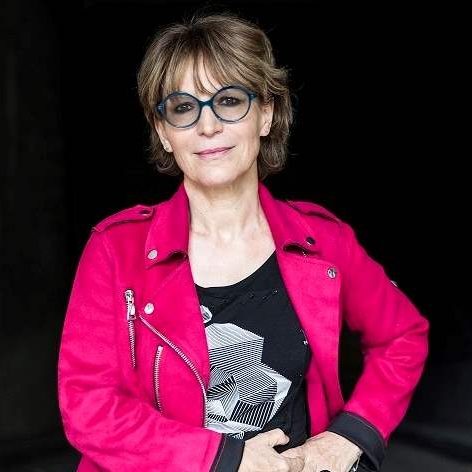
International Secretariat Coalition Leadership Team
The International Secretariat of Amnesty International is led by a Coalition Leadership Team, headed by the Secretary General and comprising Senior Directors and representatives of Amnesty International’s national entities.
The Senior Directors oversee the directors of IS programmes and provide strategic direction, operational management and direct support to the secretariat’s staff and volunteers. As a collective, the team supports the Secretary General in her overall responsibility for the organisation’s global strategy. The team works closely with the directors of Amnesty International’s national entities.
Kathryn Tomlinson, Deputy Secretary General
Kathryn Tomlinson is the Deputy Secretary General at Amnesty International. She is responsible for the effective delivery of operations across the International Secretariat and is the Senior Director for key programmes including Global Strategy and Impact, Global Security and Workplace, the Language Resource Centre, and People & Organizational Development. Kathryn is instrumental in the delivery of Amnesty’s long-term strategic plan.
Kathryn has many years of leadership experience in international development, peacebuilding and human rights organizations such as International Alert, Conciliation Resources and BBC Media Action. She previously held the post of Director of Global Delivery at International Alert, the global peace building organization that promotes dialogue, training, research, policy, advocacy, and outreach activities, to address the root causes of conflict, leading internal transformation to deliver the organization’s 2024-30 Strategy.
Prior to this she was Director of Programmes at Conciliation Resources, an international organisation committed to stopping violent conflict, where she was responsible for programme delivery and multicultural talent across 15 countries, including Latin America, Asia, Africa, and Australasia. Kathryn also spent six years as Asia Regional Director for the BBC Media Action leading their Asia operations, reaching more than 100 million people a year in some of the world’s poorest and most fragile countries, and establishing new offices in Indonesia and Myanmar. In addition to being fluent in English, Kathryn understands French, German, Indonesian and Russian
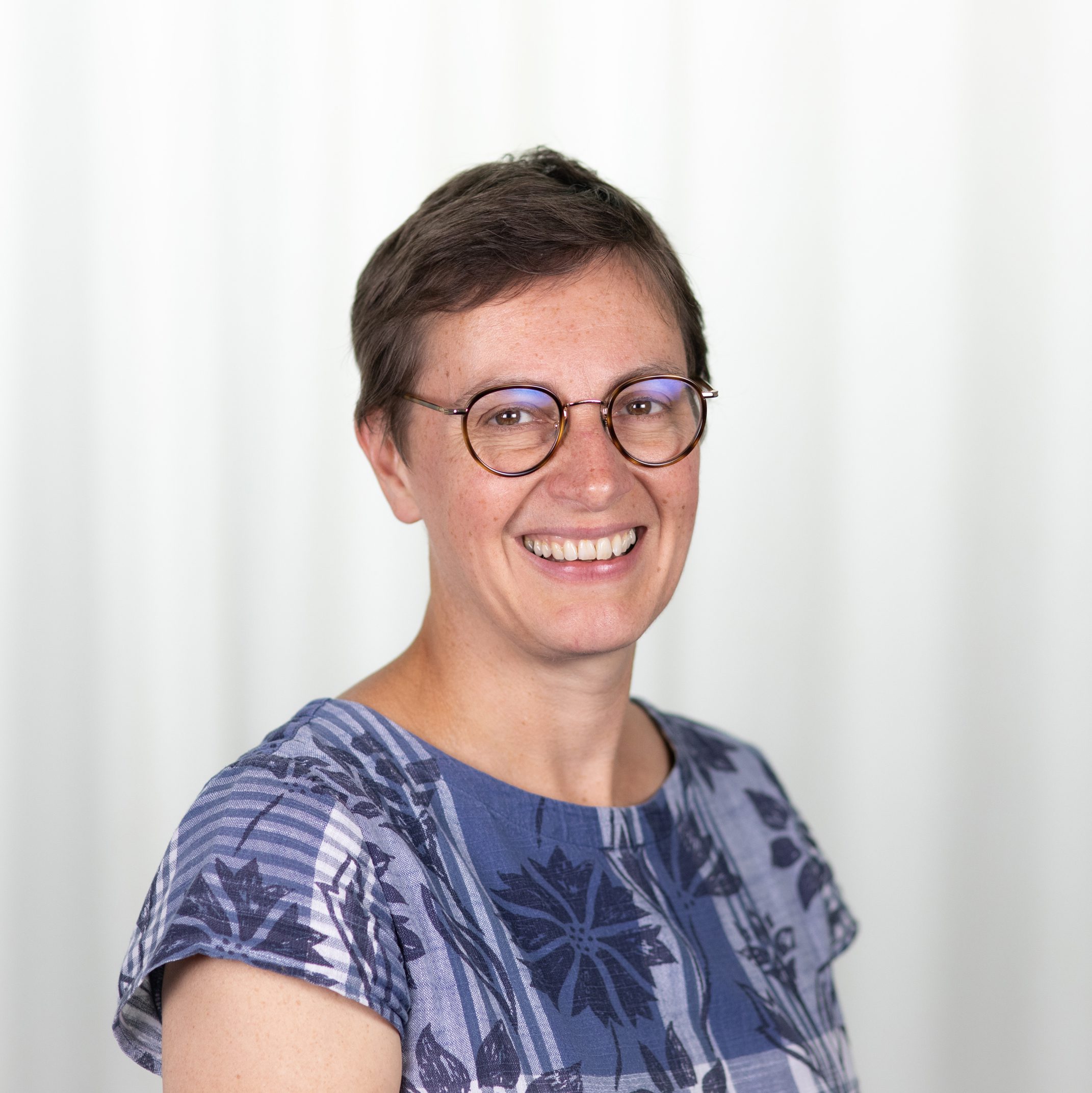
Rohan Hewavisenti, Chief Financial Officer
Rohan Hewavisenti the Chief Financial Officer at Amnesty International. He oversees financial management at the International Secretariat and is responsible for supporting and fostering the organisation’s financial literacy and capability. The CFO directorate comprises finance, I&T, and legal & governance.
Rohan, who is a Chartered Accountant (FCA) and holds a masters in Mechanical Engineering (MEng), has gained extensive experience in a variety of CFO and COO roles over the past 20 years. These include Director of Finance and Resources at Breast Cancer Care; Executive Director of Finance, Planning and Resources at the British Red Cross; Group Director of Resources at the Royal National Institute of Blind People (RNIB); and interim Finance Director roles at the Fairtrade Foundation, Imperial War Museums, WWF-UK and the NHS Confederation.
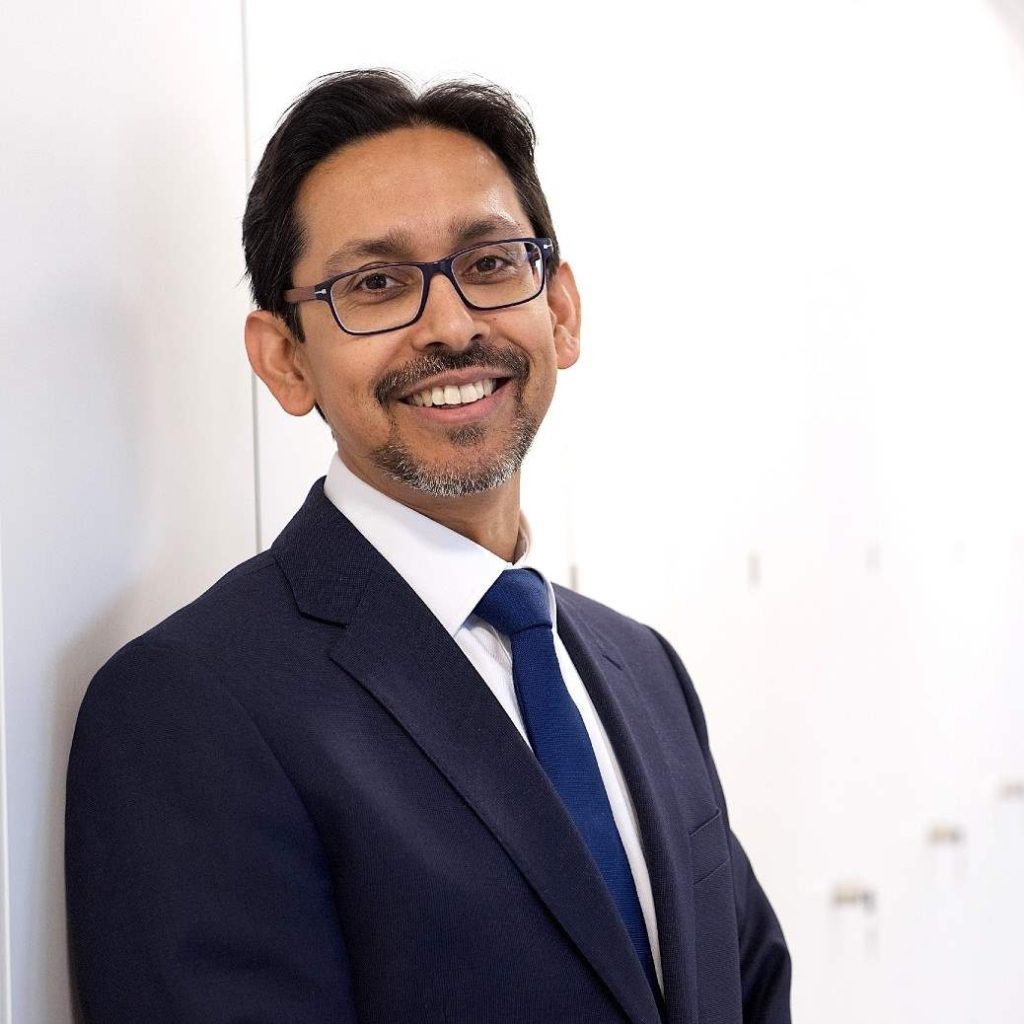
Erika Guevara-Rosas, Senior Director for Research, Advocacy, Policy and Campaigns
Erika Guevara-Rosas is the Senior Director for Research, Advocacy and Policy, co-leading Amnesty´s global human rights work. She is responsible for the organization´s global research, crisis response, policy development, campaigns, and advocacy work, as well as for providing strategic support to Amnesty International’s regional offices and sections.
Erika is a well-known Latina feminist and human rights lawyer & defender, who previously served as Amnesty’s Americas Director for a decade, leading human rights work and operations across the continent and providing strategic support to the movement’s twelve sections in the region.
Erika brings over twenty-five years of professional experience in the fields of human rights, international development, and philanthropy, as well as decades of global social and feminist activism. Prior to Amnesty, Erika held leadership roles at other non-governmental organizations and international agencies, including the Global Fund for Women and the UN Refugee Agency, managing complex operations in communities affected by conflict and other serious human rights challenges in different countries. She has also served on the board of directors of several organizations, including IPAS, the Association for Women´s Rights in Development (AWID), and the International Museum of Women.
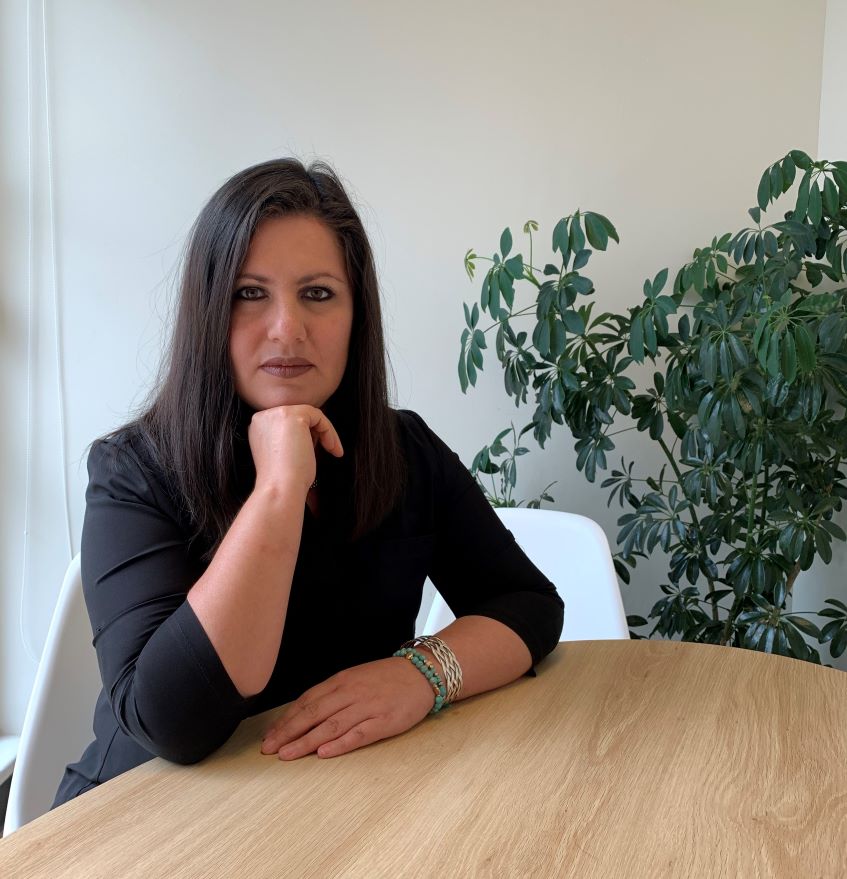
Laurent Sauveur, Senior Director for Movement, Engagement and Partnerships
Laurent Sauveur is the Senior Director for Movement, Engagement and Partnerships at Amnesty International where he oversees the communication, marketing and resource mobilisation programmes. He is also responsible for developing innovative approaches to the development of Amnesty’s entities in order to strengthen the organisation’s human rights impact at the national, regional and global levels.
Laurent has over 25 years of external relations experience. He worked for the private sector, the United Nations Human Rights Office, the Foundation for the ICRC as well as INGOs like Doctors without Borders and Care International, focusing on human rights, humanitarian operations and the fight against extreme poverty.

Deprose Muchena, Senior Director, Regional Human Rights Impact
Deprose Muchena is the Senior Director of Regional Human Rights Impact. He is responsible for providing strategic leadership and direction in the Regions and the National Offices of the Amnesty Movement and providing guidance and oversight to improve human rights practice in their respective countries in line with our global strategic plan.
Deprose is a human rights and social justice advocate, and a development leader with over 20 years progressive experience in regional, international human rights, international development, bilateral development agencies and philanthropic foundations. He has worked at Amnesty for the last 7 years most recently as the founding Regional Director for East and Southern Africa, where he led Amnesty’s work across 23 countries before being appointed to his current post.
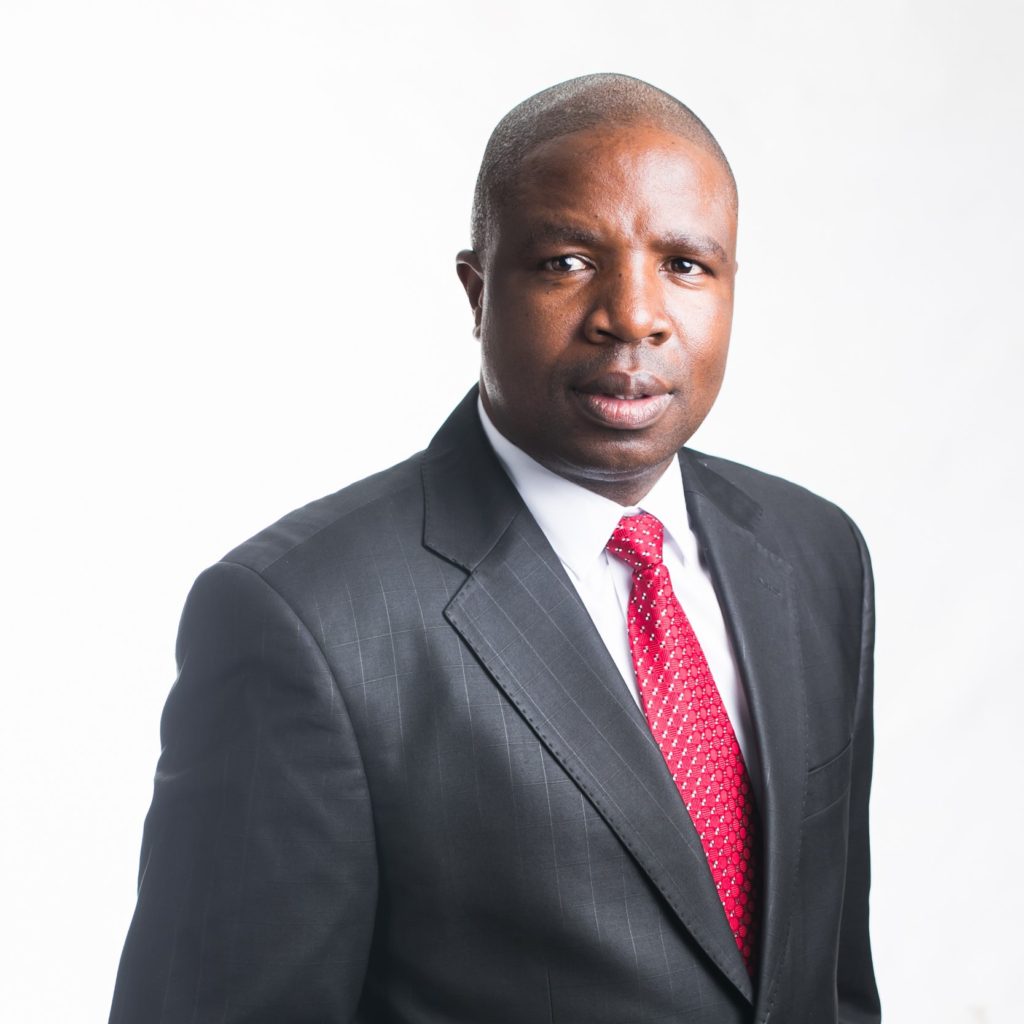
Sam Klintworth, Director, Amnesty International Australia
Sam has been the Director of Amnesty Australia since 2019. She is trained as a lawyer and holds a Master in Business Administration (MBA). She also holds a certification as a Psychologist and Dispute Resolution Practitioner.
Sam has experience as a practitioner, senior leader and executive in many service delivery areas, including Aboriginal and Torres Strait Islander communities, Asylum Seeker and Refugee communities, Youth Justice, Child Protection, Family Law, Domestic and Family Violence, Dispute Resolution, Crisis and Homelessness, Mental health and Suicide Prevention, Victims of Crime Advocacy, Disaster Recovery and Community Capacity Building.
Sam is a passionate advocate for women’s rights, child’s rights, climate change, the rights of our First Nations peoples, and refugee and asylum seeker rights.
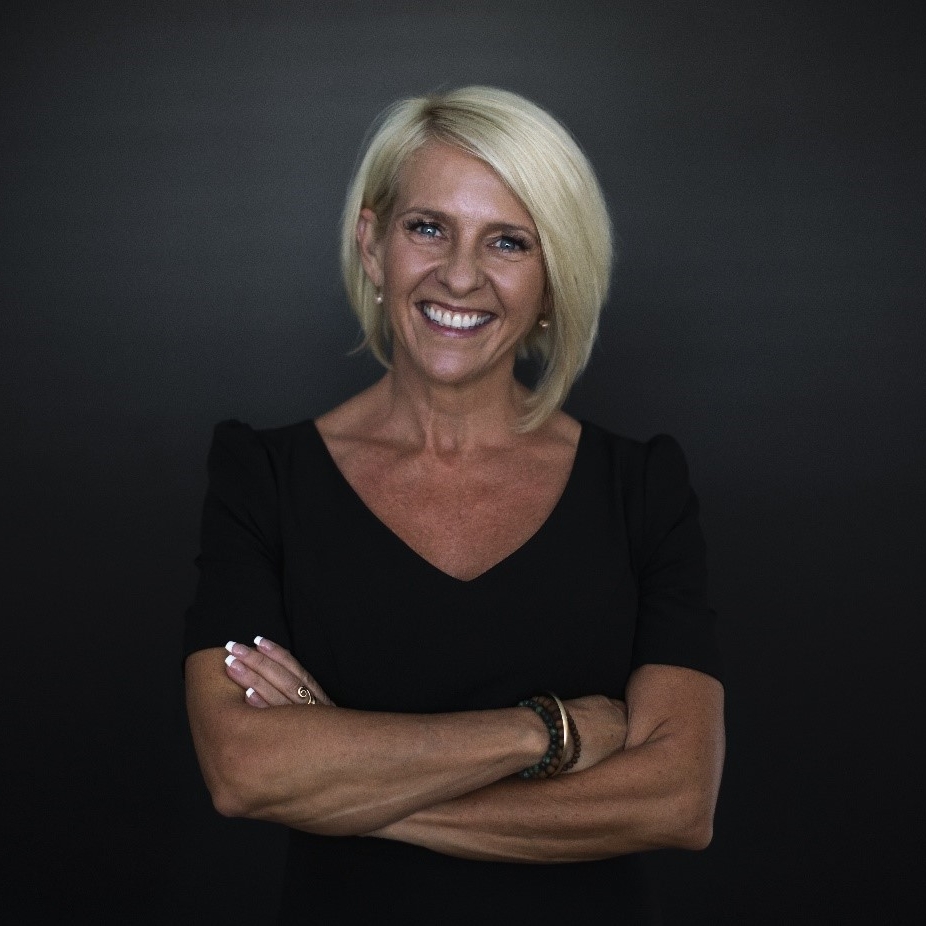
Seydi Gassama, Director, Amnesty International Senegal
Seydi Gassama has been the Director of Amnesty Senegal since June 1998. Under his leadership, the section has become a leading human rights organization in the country, respected by authorities and the public for its stand for human rights in Senegal and in the region. Amnesty Senegal has more than 10,000 registered members.
Seydi is also the Chair of the Senegalese Coalition of Human Rights Defenders and a member of the Leadership Team of the International Action Network on Small Arms (IANSA). He is a writer and has published a novel and shorts stories with Editions l’Harmattan in Paris. Seydi has a Master’s degree in Economics from the University of Dakar and an MBA from the Dakar International School of Management. He is a former Chevening Fellow of the UK Foreign and Commonwealth Office and studied human rights law and international humanitarian law at the School of Law, University of Nottingham.
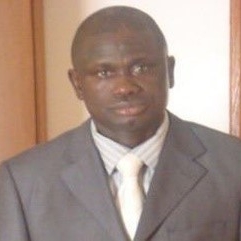
Our International Board
The International Board consists of nine people, each of whom is a member of Amnesty International. They are elected to office by the Global Assembly (GA), which meets annually. Up to two additional members can be appointed by the Board itself as co-opted members.
The elected International Board members’ three-year terms are staggered, with one third of the members up for re-election at each GA meeting. Each member is eligible for re-election for a maximum of two consecutive terms. The co-opted members serve a term of up to two years commencing from the date of the preceding GA meeting with a maximum of two terms.
The elected members of the International Board may not include more than one member from the same country, state or territory.
Read more about the role of the International Board
The International Board meets at least four times a year.
The International Board provides global stewardship for the fulfilment of the movement’s mission and vision and its compliance with global policies and standards. Its remit is defined in Article 19 of the Statute.
- provides proposals for the approval of the Global Assembly including on the international financial assessment system, global governance procedures, global standards and the Strategic Goals;
- oversees the movement’s finances and risks;
- oversees the protection of the movement’s reputation and resources;
- oversees the work and operations of the International Secretariat including by appointing the Secretary General, approving the International Secretariat’s annual audited accounts and budget and appointing its auditors;
- monitors compliance of all parts of the movement with the provisions of the Statute, the decisions of the Global Assembly and other global policies and standards;
- approves the establishment of membership entities and other movement entities;
- exercises the functions necessary to implement Article 34 of the Statute; and
- provides reports, at least once a year, to the movement on the budget, the financial position of the movement and of the International Secretariat and on the International Board’s work and performance.
The International Board appoints and directs Amnesty International’s Secretary General who, in turn, is responsible for the day-to-day conduct of the international movement, acting as the movement’s chief spokesperson, its chief political advisor and as the chief executive officer of the International Secretariat.
The International Board is accountable to the GA.
Contact the International Board: [email protected]
The International Board has a dual governance role:
As the board of directors of the not-for-profit operating company of the International Secretariat, Amnesty International Ltd (AI Ltd). In their role as directors of AI Ltd, the Board is governed by the governing documents applicable to AI Ltd; and
As the board of the Amnesty International movement (with its role as described under the Statute of Amnesty International).
Meet our International Board
Peter Fa’afiu
Peter is a Partner in Navigator Limited, a management consultancy acting as an intermediary for community outcomes in New Zealand and the Pacific Region. Peter is a former diplomat and trade negotiator for the NZ Ministry of Foreign Affairs and Trade and spent four years in Jakarta, Indonesia working on political, human rights and security issues. In New Zealand, he has been a former chief executive of a Government company, and previously held governance roles that covered housing, economic development, infrastructure, education, media and broadcasting. He has been a member of the NZ Media Council, New Zealand’s media regulatory body.
Peter chaired Amnesty International Aotearoa New Zealand 2016 – 2019. He is a New Zealander of Samoan descent, holding the chiefly title of Tiumalu. Peter holds and a law and politics degrees from the University of Auckland and management education from Mt Eliza Business School, Melbourne.
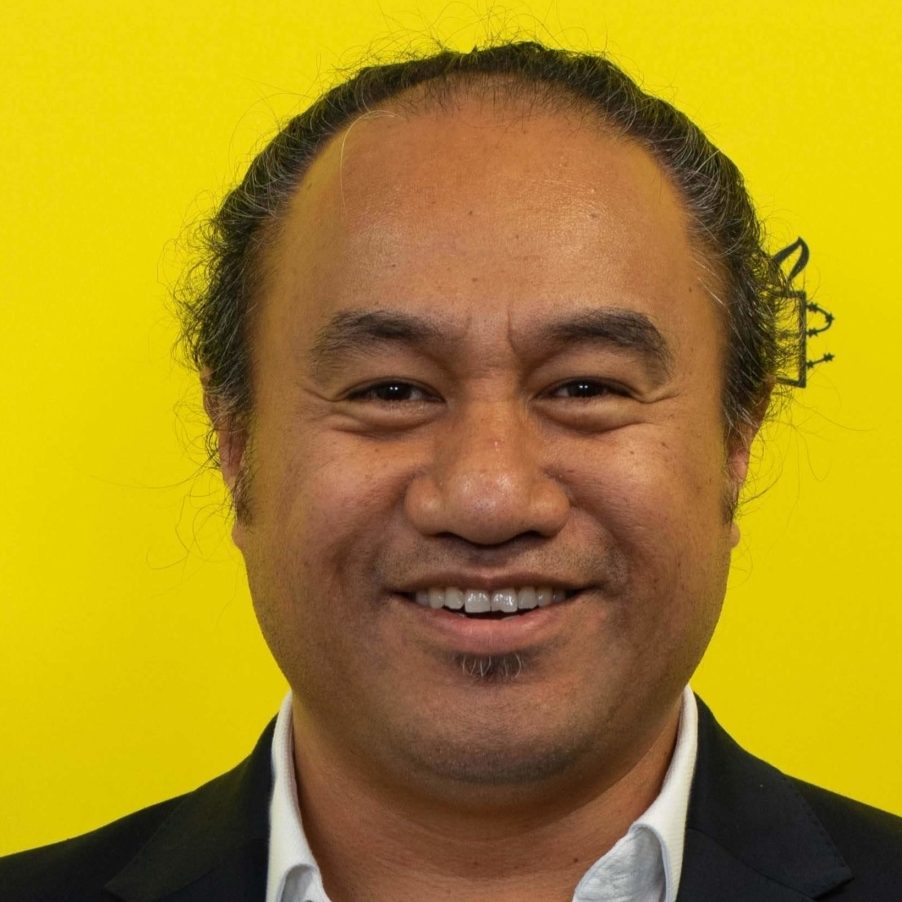
Christoph Alberts
Christoph Alberts studied Social Science, Philosophy, and Political Science and holds a bachelor’s degree in Political Science from the Otto Suhr Institute of the Free University Berlin. His research explores the dynamic intersection(s) of political economy, intellectual history, and global history. At present, he is undertaking his postgraduate studies in History at both Humboldt University zu Berlin and the University of Dar es Salaam. Alberts was a member of the Global Youth Collective of Amnesty International from 2018-2020 and has collaborated with the Global Campaign for Education from 2020-2022. Christoph Alberts was elected to the International Board in 2022.

Dr Anjhula Mya Singh Bais
Dr Anjhula Mya Singh Bais was elected as Chair of the International Board in Autumn 2021 and re-elected for a second term in Autumn 2023. She is an international psychology trauma specialist and strategist from Malaysia. From Davos to Dhaka, Anjhula engages populations on the ground around the climate crisis, mental health, human rights, leadership, and strategic thinking through a feminist lens. She is a Global Risks Perception Subject Matter Expert for the World Economic Forum, sat on the Covid Social Sector Mobilisation Platform, an initiative between the World Health Organisation (WHO) and World Economic Forum (WEF) and is a consultant to global boards of MNCs around behaviour, risk, strategy and culture including her family’s privately owned Asian conglomerate.
Named a Fellow of the Apolitical Academy, listed on the Agile 50 List of the world’s most influential people navigating disruption by the WEF’s Global Future Council (GFC) on Agile Governance, Prestige’s 40 Under 40, and Peak’s top ten of Malaysia, Anjhula has been bestowed the highest citations from the American Psychological Association (APA) including Global Citizen Psychologist and Early Career Psychologist citations. A distinguished LSE alumni, Bais holds degrees from Lady Shri Ram College of the University of New Delhi, University College London, Columbia, Harvard, and Oxford Universities, and with distinction from The Chicago School. She is a member of YPO and is a World Economic Forum Young Global Leader. In part, her governance experience includes holding the Financial Times Non-Executive Advanced Level 7 Director Diploma, a member of the International Committee of Global Psychology of the APA, the world’s largest body of psychologists, the youngest board member of the Institute of Semitics at Princeton, and former Chair of Amnesty International Malaysia.
Additional experience encompasses representing INGO Concern Worldwide on international missions, People to People Citizen Ambassador to Rwanda for genocide reconciliation research, Forbes 30 under 30 Europe judge for Social Impact, commencement speaker for University College London’s Life Sciences, Medical Sciences, Brain Sciences and Population Health, scientific journal peer reviewer for American Psychologist and the Humanistic Psychologist, and a thought leader on her Lite FM radio show Mind Matters that had a weekly listenership of 1 million.
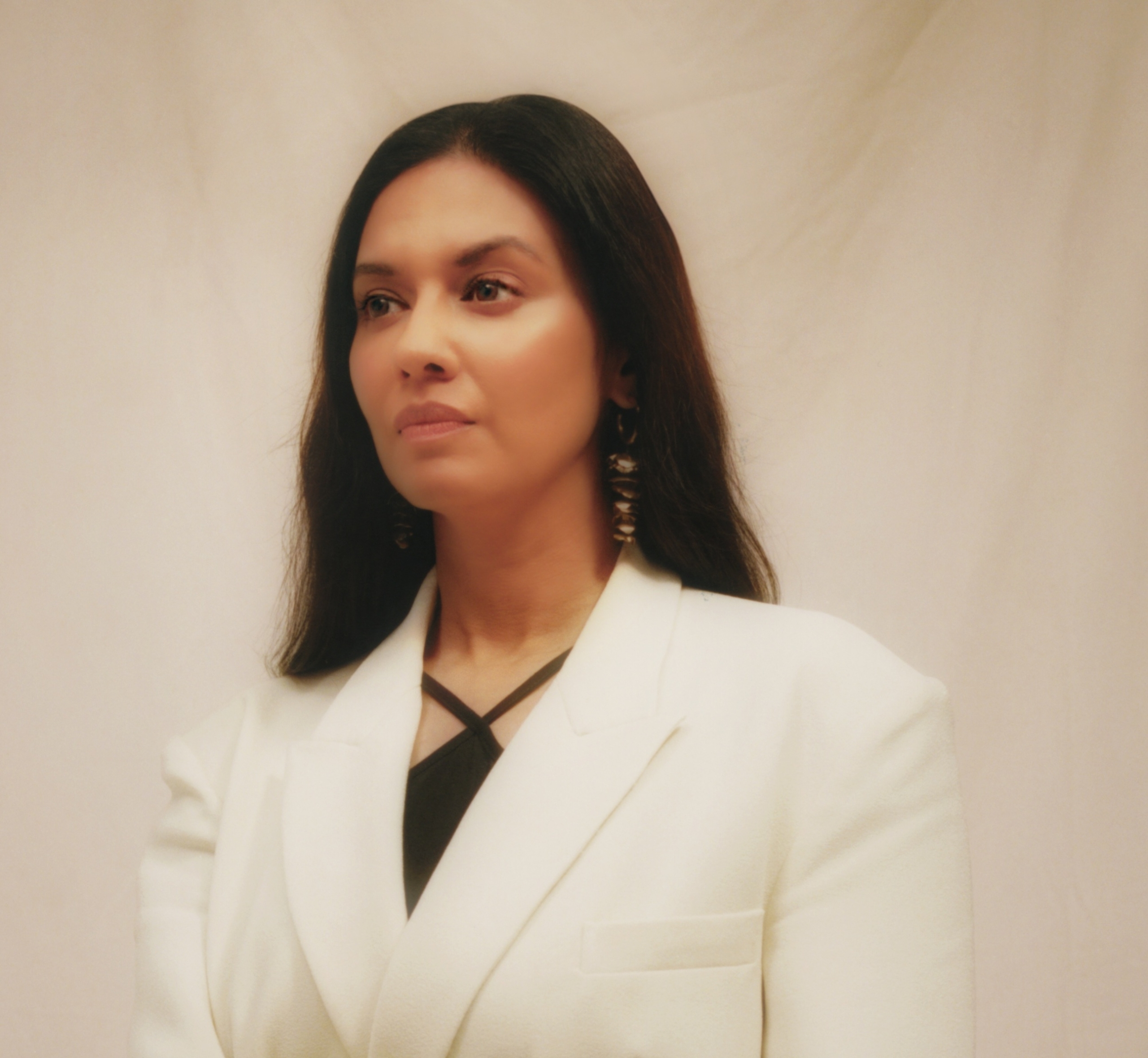
Nina Boel
Nina Boel is a medical doctor and holds a degree in political science (both from the University of Copenhagen) and a diploma in journalism. She currently works as a Danish diplomat in South Korea, supporting the government to government collaboration on health. She has a deep understanding of global political and economic trends, as well as their impacts on human right.
Nina served as the Chair of Amnesty Denmark 2015-2017. She was previously Deputy Chair and served on the national board for 6 years. As Chair, she oversaw a new strategic direction for AI Denmark, which meant that AI Denmark became stronger and more outward looking,increasing collaboration with rights holders and other allies.
During her 6-year tenure with Denmark’s Council for Human Rights (The Danish Institute for Human Rights), she initiated the first human rights prize in Denmark and was Chair of the jury for the first years. Furthermore, she represented AI Denmark at the Council of the Danish Refugee Council for 4 years.
She has served the global Amnesty International movement since 2016, first as a member of the Chairs Forum Steering Committee and later as a PrepCom member, where she was part of the team which ushered in the first cycle of Amnesty International’s new governance model.
She has hands on experience documenting torture and human rights abuses as a medical doctor, and she has contributed to Amnesty research reports on refugees and torture victims which have resulted in concrete human rights impact. She has worked for the advancement of sexual and reproductive health and rights for youth in Uganda, and in Denmark she worked to secure access to health and non-discrimination for transgender persons.
Nina was elected to the International Board in September 2021.
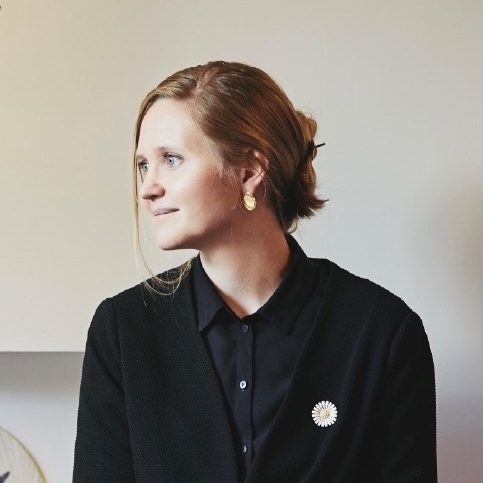
Bernardita Boock
Bernardita Boock is an internationalist from the University of Chile and a current student in the Master’s program in Cooperation and International Development at the same university. From the beginning of her career, she has shown a deep commitment to human rights, with a special interest in gender issues and social justice. Her journey in human rights began in 2019 when she joined Amnesty International Chile as an activist. Since then, she has worked in various areas, including the defense of migrant human rights, and has stood out for her leadership within the organization’s activism team. During that time, she actively led Amnesty International Chile’s initiatives to ensure a meaningful presence in protests and social movements that arose in response to the country’s social context. In 2023, at the age of 24, Bernardita became the youngest person to assume as Chair of the Board of Amnesty International Chile. In this role, she worked to strengthen the organization’s role in human rights in Chile by driving innovative strategies focused on activism and youth engagement. She also played a key role in ensuring Amnesty International’s continued relevance on priority human rights issues, particularly regarding the monitoring and reporting of police violence cases related to the 2019 “social outburst” (estallido social). This stage of her leadership was characterized by a focus on justice and victim advocacy, reaffirming the organization’s commitment to human rights and the empowerment of citizens to defend their own rights.

Godfrey Nyoni
Godfrey Nyoni studied law at the University of Zimbabwe from 1997 to the year 2000 and has been practicing law in Zimbabwe since 2001. He is currently the senior partner at Moyo and Nyoni Legal Practitioners and has a broad understanding of human rights issues around the globe.
Godfrey chaired the Administrative Board of Amnesty International Zimbabwe when the Zimbabwean section was suspended by the International Board. Through his tireless efforts, insights and dedication, Amnesty International Zimbabwe was reinstated by the International Board. He then chaired the substantive board of Amnesty International Zimbabwe from 2021 until his election to the International Board in November 2024. Godfrey currently sits on the Zimbabwe Lawyers for Human Rights board and chairs its Finance Committee. He has handled a number of public interest human rights cases in Zimbabwe. He is also a councillor of the Law Society of Zimbabwe, and he is the Vice chairperson of the Disciplinary and Ethics Committee. He has gained a lot of experience and skills in the area of legal and governance of organisations.

Christopher Schlaeffer
Christopher Schlaeffer is a European tech entrepreneur and activist. He is known as Founder and Executive Chairman of London-based generative AI company NYOUM.
He previously served as Group Chief Commercial & Digital Officer of VEON (NASDAQ: VEON), Chief Product & Innovation Officer, Corporate Development Officer and Chief Strategy Officer of Deutsche Telekom (Xetra: DTE), Chief Marketing Officer of T-Mobile International and CEO of T-Online.
On September 23, 2008, he introduced the world’s first mobile phone based on Android alongside Andy Rubin, Larry Page, Sergey Brin, Cole Brodman, and Peter Chou.
Christopher has been recognized by the World Economic Forum as a Young Global Leader, ranked one of the Top50 Innovators to Watch and named Manager of the Year 2022 in his native Austria. He is the Patron of iamtheCode Foundation and Founder of activism group.
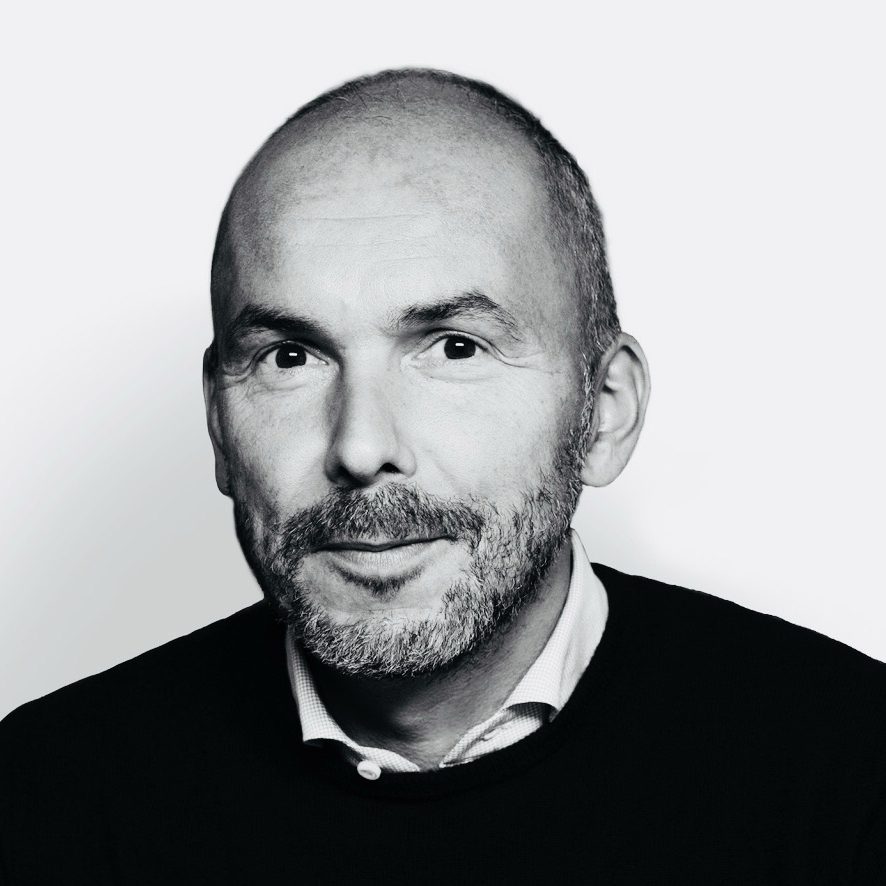
Thitirat Thipsamritkul
Thitirat Thipsamritkul is a lecturer at the Faculty of Law, Thammasat University (Center of International Law, Center of Japanese Legal Studies), where she teaches public international law, human rights law, media law, law and technology. She studied law in Japan, France and UK. Thitirat is interested in the relation between market, technology and human rights. Her current research focus is the area of freedom of expression, open data and internet governance, in which she also cooperates with civil societies and public sectors to advocate for better legislation and policy, including open data, data protection law, digital platform regulation and AI governance. Thitirat served as Chair of Amnesty International Thailand during 2020-2023.
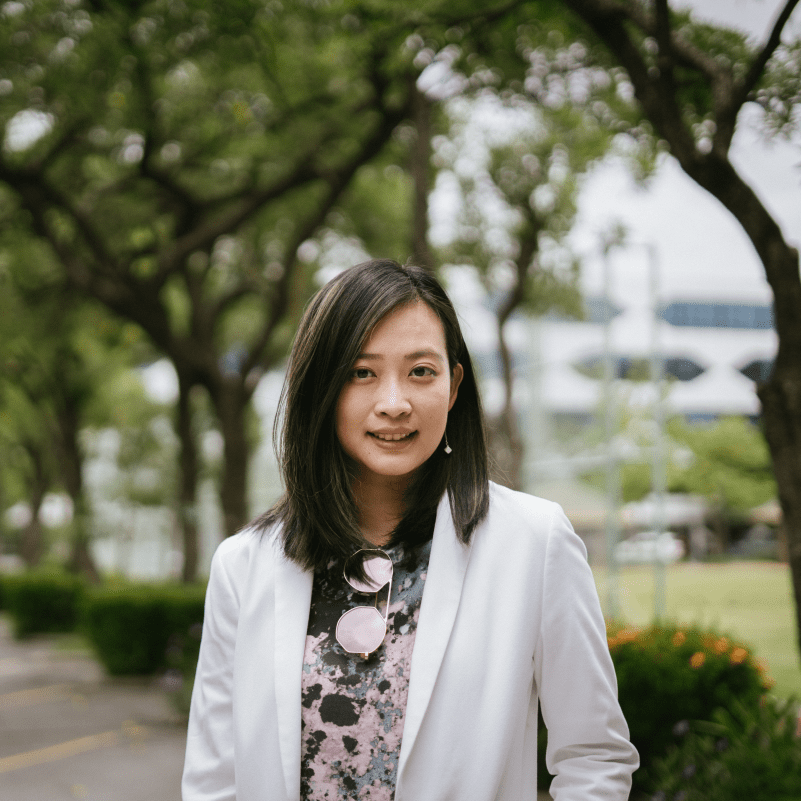
Dawna Wright
International Treasurer
Dawna Wright is a Chartered Accountant with 30 years of experience. She began her career in Canada as an auditor, but has since specialised in forensic accounting. She has worked in Canada, the United States, France and Australia, including as a Partner in ‘Big Four’ and boutique accounting and consulting firms. She is now a Senior Managing Director and leader of the Australian Forensic practice at global firm FTI Consulting, and is based in Melbourne, Australia. In this role, Dawna specialises in the interpretation of complex data and financial information for non-financial clients, including for Boards of Directors, lawyers and Courts.
Dawna has served as Chair of audit committees on not-for-profit and commercial Boards. She was the Chair of the Forensic Accounting Committee of Chartered Accountants Australia and New Zealand from 2015 to 2019. Within Amnesty International, she has previously been the independent member of the Finance and Audit Committee, and the Treasurer (and a Director) of Amnesty International-Australia. Dawna’s native language is English, and she is fluent in French.

Amnesty International Charity (‘AIC’) is part of the larger Amnesty International family and contributes to realizing the vision of a world where human rights are enjoyed by all by carrying out charitable human rights work. AIC’s activities include making grants to investigate serious human rights abuses across the world and raise public awareness of critical human rights issues.
Read more
AIC receives the bulk of its income from legacy gifts and other one-off donations. It carries out its charitable activities by way of grant funding. If you wish to leave a legacy to Amnesty International for our international work, please make the donation to AIC using our registered charity number 294230. If you wish to leave a legacy to the Amnesty International UK national office, please donate to the Amnesty International UK Charitable Trust at https://www.amnesty.org.uk/amnesty-international-uk-charitable-trust.
Although this is reviewed on an annual basis, grants have historically been mainly to Amnesty International Limited (AIL), the principal operating entity of Amnesty’s International Secretariat and AIC’s sole member, as the most effective way to achieve AIC’s charitable activities. This is due, amongst other things, to: (a) having shared objectives on human rights, (b) AIL being experienced and appropriately resourced to conduct human rights activities; (c) likely expectations of donors and (d) the origins of AIC as part of the wider Amnesty International movement.
In legal terms, AIC is registered in England and Wales as both as a company limited by guarantee (company number 2007475) and as a charity (charity No. 294230) and its objects are to promote human rights throughout the world. Please follow the links to view AIC’s governing document (articles of association) and AIC’s recent annual reports and accounts.
For more information on the work of Amnesty International see https://www.amnesty.org/en/what-we-do/
Meet AIC’s trustees
AIC trustees are responsible for the overall supervision of AIC’s operations. The AIC trustees meet at least three times a year, with a face to face meeting at least once a year at the International Secretariat offices in London.
Patti Whaley CMG (appointed October 2021) (Chair)
Patti has over 30 years experience as a senior manager or trustee for a number of UK charities, focusing on finance and resource management. She was previously Deputy Secretary General of Amnesty International Limited, and is currently treasurer of Safe Passage International and the Food Ethics Council.
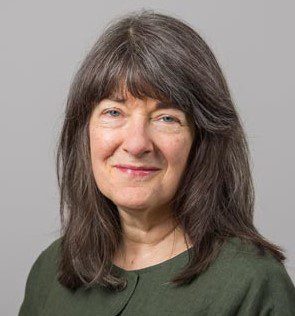
Varun Anand (appointed in August 2021)
Varun is a qualified accountant (India) with over 26 years’ experience in overseeing finance management systems in large multi-country development organizations and strategy consulting including with the IPPF and Deloitte Touche Tohmatsu India Pvt Ltd; he provides extensive hands on knowledge of financial management, global assurance, organization change, grant/project management, and governance oversight mechanisms.
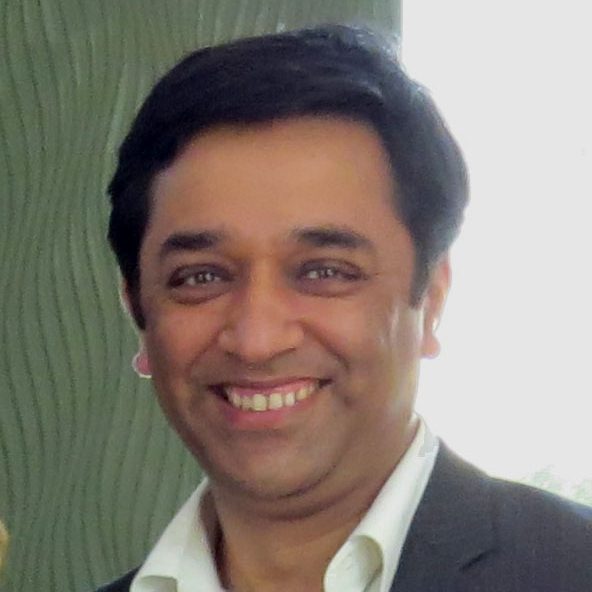
Amanda Ogilvie (appointed in January 2024)
Amanda is a solicitor specialising in charity law with a particular focus on working with international humanitarian organisations. She has extensive experience of advising charities on legal, risk, compliance and governance matters both in private practice and as in-house counsel.
Amanda works with charity teams in the UK and overseas and currently leads the legal and compliance team at Action Against Hunger UK.
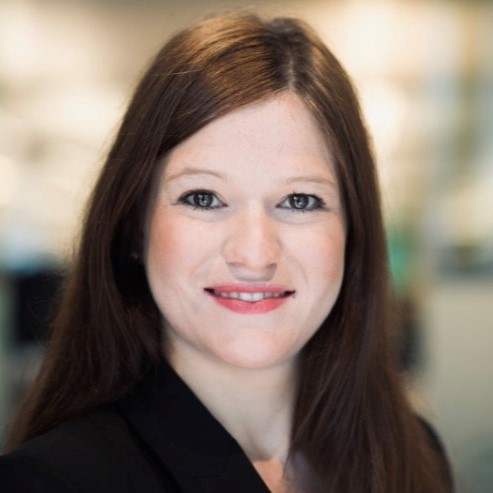
Jessica Holifield (appointed in January 2024)
Jessica is a charity management and governance professional who has spent her career working in a range of organisations across the non-profit and charity sectors. She started out as a solicitor specilaising in charity law, but quickly moved in-house when she saw how much more fun it would be. Jessica loves being able to contribute across the board, getting to understand how we can develop theories of change to make the world the place it ought to be. She is very interested in how we build diversity into our organisations, in the widest possible sense, and create the conditions for that diversity to thrive.
Jessica has been a supporter of Amnesty International since she was an angry teenager going on marches, and not much has changed since then! She feels that serving on the AIC Board is a fantastic way to contribute to the cause of social justice and to be part of a global movement to call out human rights abuses wherever we find them.


